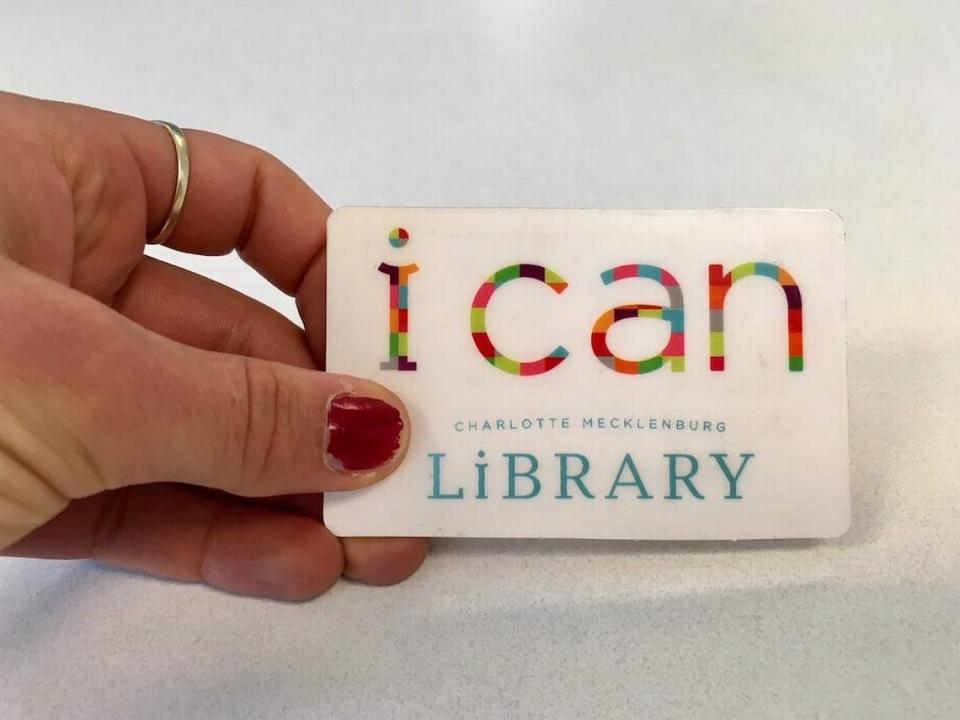‘We really see a need.’ Charlotte Mecklenburg Library wants to get rid of late fines.
The Charlotte Mecklenburg Library intends to soon stop fining patrons for overdue books, joining a growing national trend to support some of the most vulnerable library patrons.
The plan, pending approval from county commissioners, would allow tens of thousands of Mecklenburg residents to reclaim their library privileges — and start accessing educational and job-searching resources.
Library spokeswoman Ann Stawski said communities with the highest percentage of lost privileges — meaning their overdue balances exceed $10 — are clustered in Mecklenburg County’s crescent, home to high-poverty, underserved neighborhoods. Overdue fines are $0.25 per day for most books, according to the library’s borrower policy.
Without an active library card, people cannot sign onto computers or utilize other technology even while at a library branch location, Stawski said.
“If those fees accrue and they’re not able to pay, a lot of people will just stop coming to the library,” Stawski said. “It’s really important that we get people back....The library is a public facility. We’re not in the business of gaining profits, and this eliminates barriers.”
In the fiscal year 2022 budget, County Manager Dena Diorio proposed committing $600,000 to make the “Fine Free Initiative” at the Charlotte Mecklenburg Library possible, alongside other equity investments tailored to education, public health and economic development. The allotment, replacing revenues from overdue fines, will support library operations.
Residents hit with library fines are oftentimes the people “least able to pay,” Diorio said. Patrons would still be expected to return books and other materials on time.

Boosting equity
County commissioners will vote on adopting the $1.99-billion recommended budget, including the library appropriation, next month. Diorio also proposed investing $75,000 in a new library position focused on the digital divide and workforce development.
“When we look at the forgiveness of those library fees — 40,000 people that will have their privileges restored (and) can go back and not have that hanging over their heads — I really think that that is just tremendous,” Commissioner Mark Jerrell said during a recent meeting.
Commissioner Elaine Powell agreed, saying she wants residents to use the library and not encounter any financial obstacles.
Libraries across North Carolina and the country have already wiped out late fines in recent years, according to the Urban Libraries Council.
The Greensboro Public Library, for example, said the “fear of fines” made it less likely people would use library services. The Chapel Hill Public Library wanted to “increase access to resources and address equity.” And the Durham County Library hoped to create “equal access to resources” and let residents know “everyone’s welcome at the library.”
Charlotte Mecklenburg Library leaders have been planning a similar approach for the past few years, Stawski said. With continued funding, she said, the goal is to permanently eliminate late or overdue fines.
”We really see a need for this in the community,” Stawski said. “Equity is a large focus for the library and all that we do in providing equitable access in our community.”

